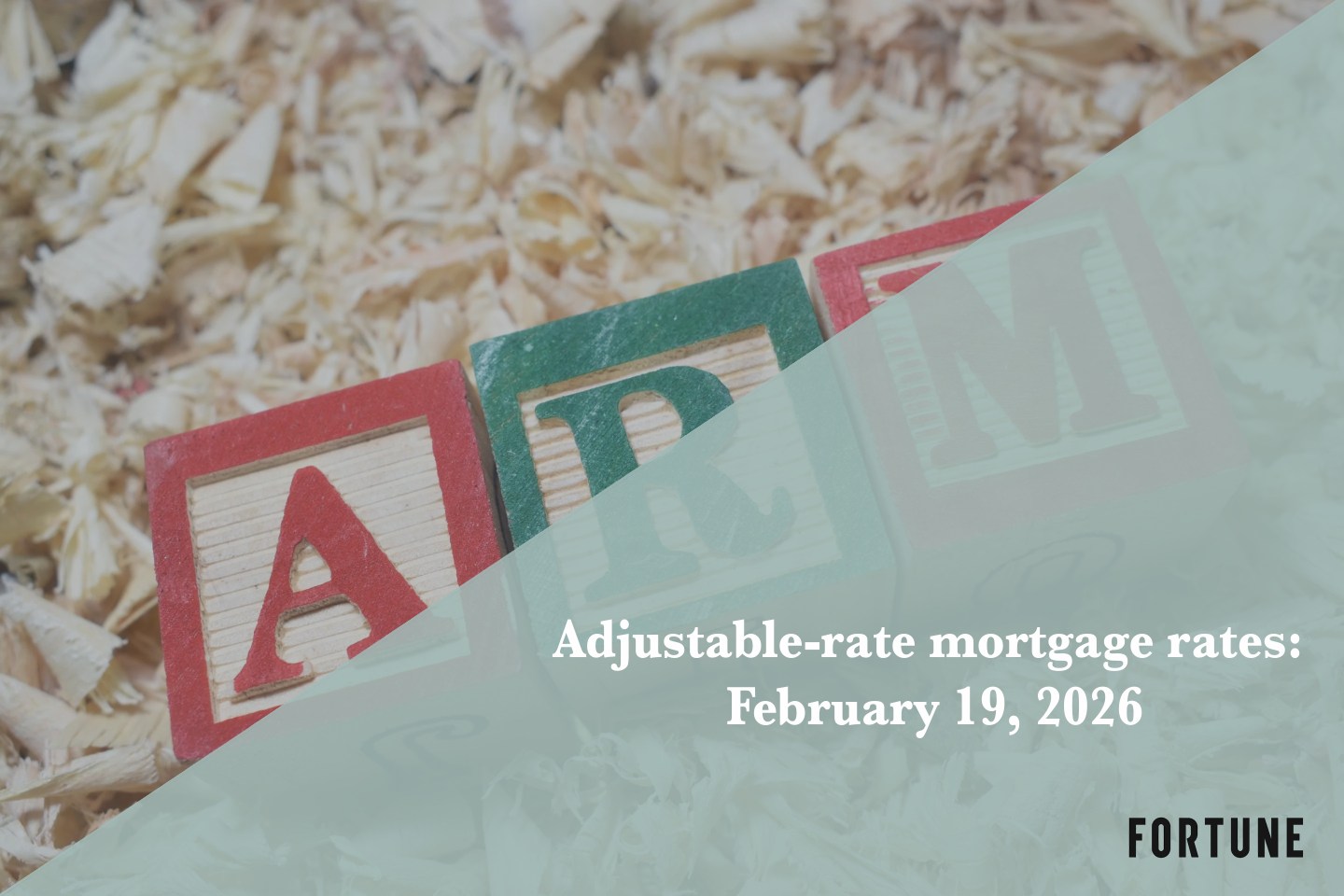COVID-19 cut the U.S. labor force by an estimated half million workers in the first two and a half years of the pandemic—with a toll of about $62 billion in lost productivity each year, according to a report released Monday.
The annual cost to employers is about half that of diabetes and cancer individually, according to the study by the National Bureau of Economic Research found.
Among the paper’s other findings: Workers who miss a week of work due to probable COVID are 7% less likely to be employed the following year.
The paper, by Gopi Shah Goda of Stanford University and Evan Soltas of the MIT Department of Economics, looks at the economic toll of COVID as a whole, including acute illness and long COVID. But it also looks at the impact of other COVID-related medical consequences like organ damage, mental health issues, new kidney and heart problems, and the worsening of preexisting illness, in addition to the phenomenon of COVID forcing older workers into early retirement.
Narrower studies, larger estimated toll
Other studies have attempted to quantify the workforce toll of long COVID alone, and have proffered larger figures.
An estimated 1 million Americans have been forced to leave the labor force because of long COVID, the House Select Subcommittee on the Coronavirus Crisis said this summer. More than 1.5 million full-time workers may be out of work due to long COVID, according to a January report from the Brookings Institution, a nonprofit public policy organization. And as many as 2 to 4 million workers are out of work due to long COVID, the U.S. Census Bureau said this summer.
Long COVID is roughly defined as symptoms that persist or appear long after the initial COVID infection is gone, but a consensus definition has not yet been broadly accepted. Many experts contend that long COVID is best defined as a chronic-fatigue-syndrome-like condition that develops after COVID illness, similar to other post-viral syndromes. Other post-COVID complications, like organ damage and post intensive care syndrome, should not be defined as long COVID, they say.
But many of those writing reports, and self-reporting long COVID to the Census Bureau and other entities, likely aren’t making such a distinction. This means the number of those with true long COVID—and thus the economic impact of the nascent condition—is likely overestimated.
The congregate fallout of COVID, however, is likely not.












